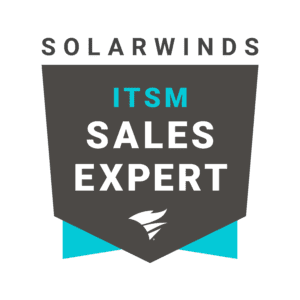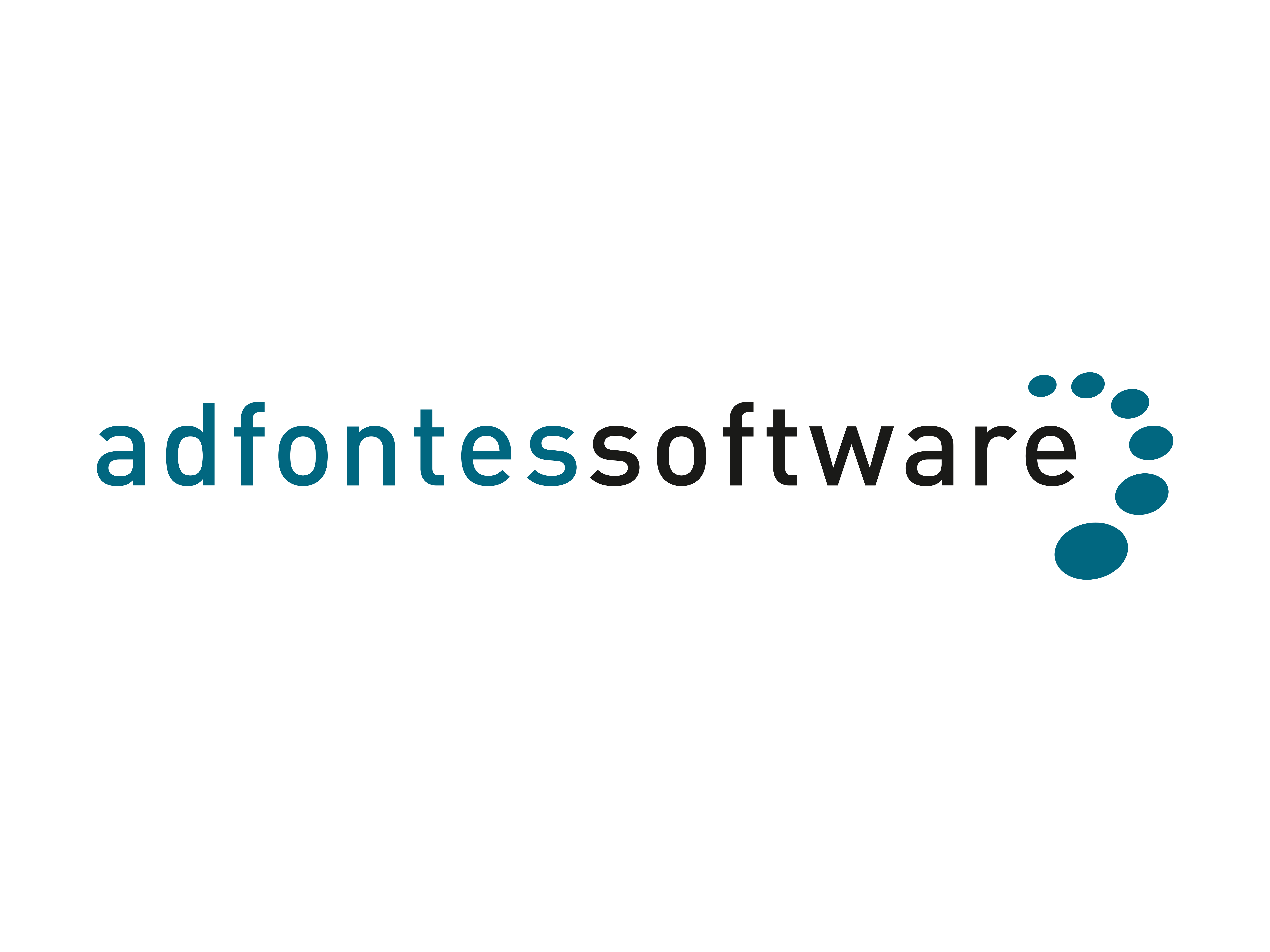In today’s rapidly evolving digital landscape, businesses rely heavily on databases to store and manage their data. As such, database documentation is essential for organizations of all sizes and industries. It provides a comprehensive record of a database’s design, structure, and data flow, which helps to facilitate maintenance, troubleshooting, and collaboration among stakeholders.
In this article, we will explore the importance of database documentation and highlight some best practices for creating effective documentation. Whether you are a database administrator, developer, or analyst, this article will provide you with valuable insights into how to document your databases effectively.
Features of Professional Database Documentation
Database documentation is a critical aspect of managing a database. It involves recording and organizing the details of a database, including its design, structure, data flow, and relationships. Here are eight important features of database documentation:
1. Database Design
The documentation should include the database design, including its purpose, structure, and relationships between tables and columns. This should also include any constraints, indexes, and triggers that are used in the database.
2. Data Dictionary
A data dictionary is a key component of database documentation. It provides a comprehensive list of all the data elements in the database, including their definitions, formats, and any constraints or validation rules that apply.
3. Data Flow Diagrams
Data flow diagrams provide a visual representation of how data moves through the database, including inputs, processes, and outputs. These diagrams help to identify potential issues and areas for optimization.
4. User Documentation
User documentation provides instructions on how to use the database, including how to enter data, perform searches, and generate reports. This documentation should be clear and concise, and it should include examples and screenshots where possible.
5. Change Management
Change management is an essential component of database documentation. It should include details on how changes are made to the database, which is authorized to make changes, and how changes are tested and implemented.
6. Backup and Recovery Procedures
Backup and recovery procedures are critical components of database documentation. They provide information on how to back up the database and restore it in case of a disaster or data loss. This documentation should include details on backup schedules, recovery procedures, and data retention policies.
7. Security Documentation
Security documentation is essential for protecting sensitive data and ensuring compliance with regulations. It should include details on who has access to the database, how data is protected, and how security breaches are detected and addressed.
8. Performance Metrics
Performance metrics are essential for monitoring the database’s performance and identifying areas for optimization. The documentation should include details on performance metrics, such as response time, throughput, and utilization. It should also include information on how to monitor and analyze these metrics to identify potential issues and optimize the database’s performance.
Database documentation is critical for managing databases effectively. It provides a clear understanding of a database’s design, structure, and data flow, which helps to facilitate maintenance, troubleshooting, and collaboration among stakeholders.
Also interesting:
- Database Insights for SQL Server and Database Monitoring
- Database Documentation is Essential for your Business
- Discover the SolarWinds Database Performance Analyzer
- Adfontes Software your Premium Partner for Database Performance Management Projects
- Database Performance Management Software
If you need more information about Database Documentation and/or Database Performance Monitoring (DPM), please contact Adfontes Software Business Support Team.
About Adfontes Software
Adfontes Software is a leading SolarWinds Distribution Partner who delivers great business value from small to global Fortune 500 customers, partners and resellers accross EMEA with IT Operation Management (ITOM) Software & Consultancy Services, SolarWinds Managed Services, Licenses, Support Renewals, Hybrid Cloud Observability Conversions, certified Adfontes Software is SolarWinds Breakthrough Partner of the Year 2022 EMEA.







® Adfontes Software B.V. © 2023 All rights reserved.


